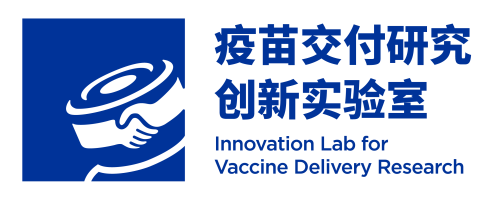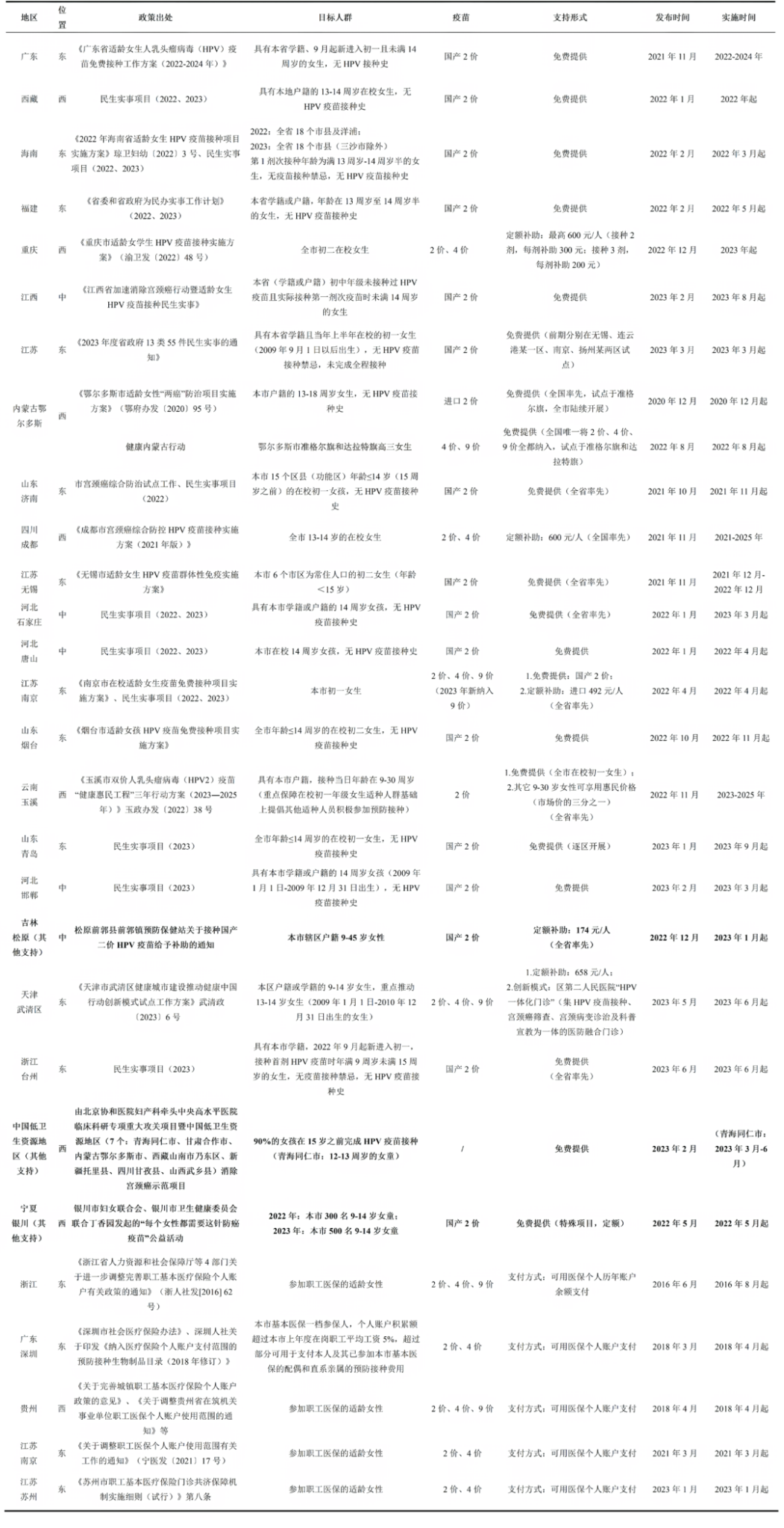This study, led by Prof. Jing Li from Sichuan University and Prof. Dan Wu from Nanjing Medical University, was published in PLOS Medicine. Conducted in four community health centers in Chengdu, western China, this randomized controlled trial evaluated the impact of a “pay-it-forward” intervention on HPV vaccination among girls aged 15–18 years. Participants in the intervention arm received a community subsidy for their first HPV vaccine dose and were invited to donate and write encouragement postcards for future recipients, while the control arm self-paid at market price. The pay-it-forward approach increased first-dose uptake from 17.5% to 34.2%, significantly reduced vaccination delay, and enhanced vaccine confidence. Most families in the intervention arm engaged in donations and message sharing, and the cost per person vaccinated was lower than in the control group. Findings suggest that this community-engaged, reciprocity-based model is an effective and sustainable strategy to improve HPV vaccination coverage among catch-up age girls, with potential for broader implementation.
Factors affecting caregivers’ HPV vaccination decisions for adolescent girls: A secondary analysis of a Chinese RCT
This research, led by Prof. Jing Li from Sichuan University, in collaboration with Prof. Dan Wu from Nanjing Medical University, was published in PLOS ONE. Based on a randomized controlled trial conducted in Chengdu, China, the study investigated key factors influencing caregivers’ actions to vaccinate adolescent girls against HPV. The results highlighted the significant role of a novel “pay-it-forward” intervention in doubling HPV vaccine uptake. Other factors, including caregivers’ knowledge, intention to delay vaccination, occupational status, and prior vaccine refusal, were also strongly associated with vaccination behavior. Recommendations to promote universal and equitable access to HPV vaccine through targeted health education, financial support and community engagement.





